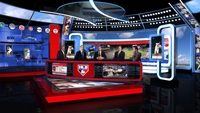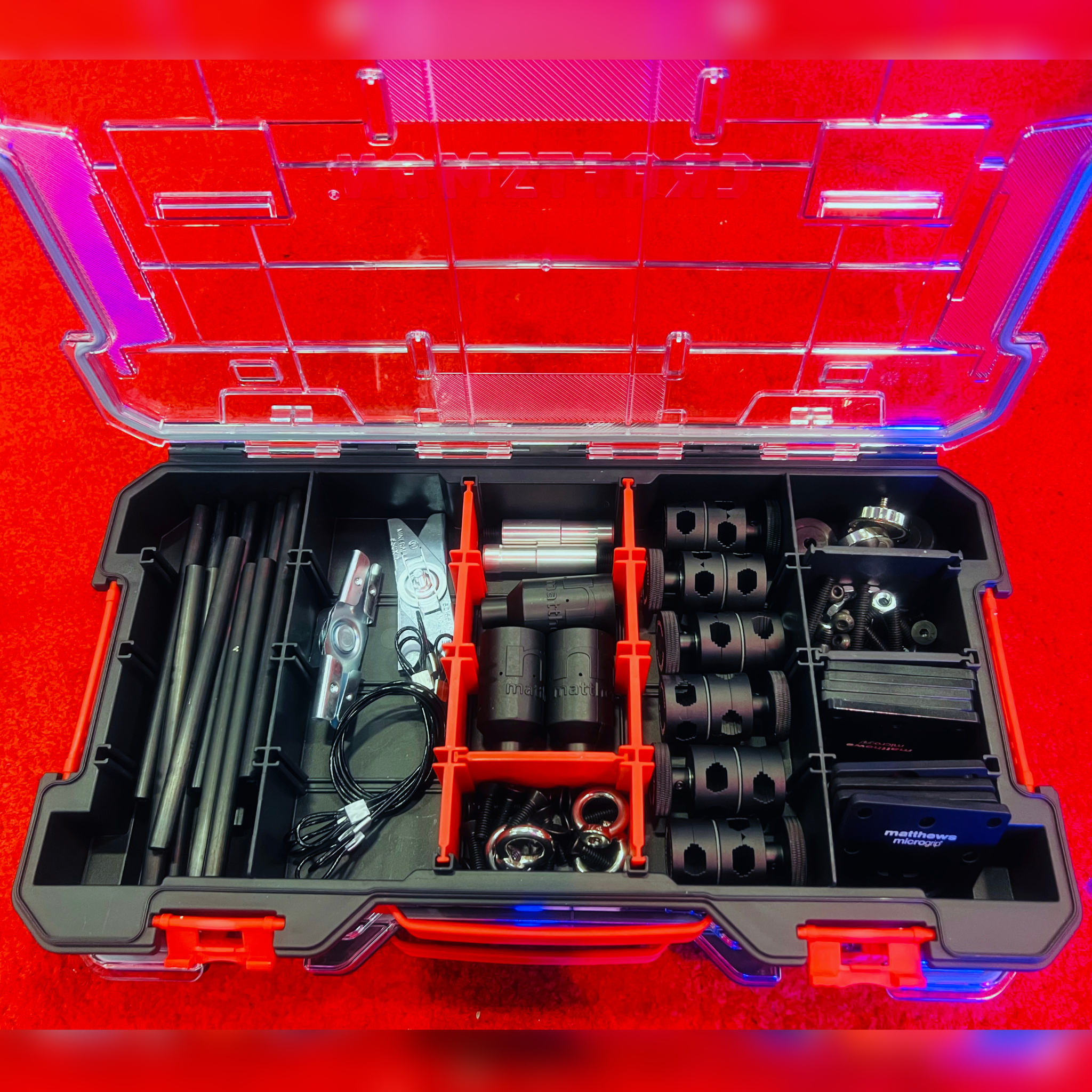MLB Network delivers first pitch Jan. 1

Broadcasting from a completely revamped facility once used by MSNBC in New Jersey, on Jan. 1, the MLB will unveil its MLB Network created to support its growing fan base while offering innovative technologies that add value to a live broadcast. After an inaugural show called “Hot Stove” airs at 6 p.m., the first game to be shown will be Don Larson’s perfect game thrown during the 1956 World Series.
Among this new technology being implemented is the ability to remotely control cameras located in ballparks across the country from its new Secaucus, NJ, headquarters. These live look-ins will enable the network to spotlight milestone events for national audiences while other games and full highlights of all the games will be combined for highlight shows like “MLB Tonight.”
To bring fans at home closer to the game, the facility is tied via fiber to all 30 MLB ballparks in the country as well as league offices and MLB Advanced Media (the division that oversees the www.MLB.com Web site). The tight integration between the parks and the network production control rooms in Secaucus is achieved by having IP control over signal routing, camera control and server records/transfers.
Pioneering a system called “Ballpark Cam,” three signals from up to 15 live games as well as 48 channels of discreet audio (effect, TV audio, radio calls and foreign-language commentary) will be sent live via MPEG 4 4:2:2 AVC encoded streams to the “highlights factory,” while a clean version recorded on-site in a server will later be sent via FTP at 100Mb/s to Secaucus for MLB Productions use and archiving. In addition, HD content with multitrack audio can be sent from Secaucus back to the ballpark for use in the scoreboard system or in the RSN’s on-site production truck. Via IP control, MLB Network engineers will be able to adjust the bit rate as bandwidth and monitoring needs arise.
Each ballpark will have two robotic cameras and as many as five, providing unique POV shots of the dugout, centerfield, the pressroom and both bull pens. These cameras will also be controlled via long-distance IP connection. Included in the package will be an Evertz HD-SDI router, AES router and signal conversion gear — all built into an equipment rack at the ballpark. A Thomson Grass Valley K2 server is installed at each park as well to ingest the designated clean feed and highlight clips for later use.
The network is also using a massive Reidel intercom system that allows the crew, talent and guest players to communicate over IP between Secaucus and the various ballparks.
Other highlights of the facility include a new 9600sq-ft “Jackie Robinson” studio that resembles a full-sized baseball field, complete with four Sony HDC 1450 HD (native 60p) cameras on Vinten Quattro OB pedestals, a mini-cam on a jib and another on a Vinten Artemis stabilized camera system. A second studio, dedicated to the memory of Babe Ruth, features advanced LED lighting panels that help set the mood for the different shows that will be taped there (including the flagship “MLB Tonight” during the season).
Get the TV Tech Newsletter
The professional video industry's #1 source for news, trends and product and tech information. Sign up below.
To create content, producers and editors have simultaneous access to files stored on the nearline and offline servers, so there’s no need to find the right videocassette as they have in years past. Audio and video clips can be searched and retrieved from any desktop in the building by leveraging several layers of metadata. Using Grass Valley Aurora software, the staff can view clips using proxy video and make rough edit decision lists at their desktop. They then use Grass Valley Aurora edit and Apple Final Cut Pro workstations to finish segments.
System integrator The Systems Group (Hoboken, NJ) installed most of equipment, under the guidance of broadcast design firm CBT Systems (San Diego), which drew up the plans and supervised the massive rebuild. Mark Haden, VP of engineering and IT, led the engineering group.
Upon launch, the MLB Network will be available in approximately 50 million homes, which is more than any of the other sports league networks currently reach. The 24/7 sports channel will broadcast 26 games live in the 720p HD format during the 2009 season. It will also feature a variety of original programming, produced in-house by the MLB Network staff and by MLB Productions (which develops original programming aside from actual games).
